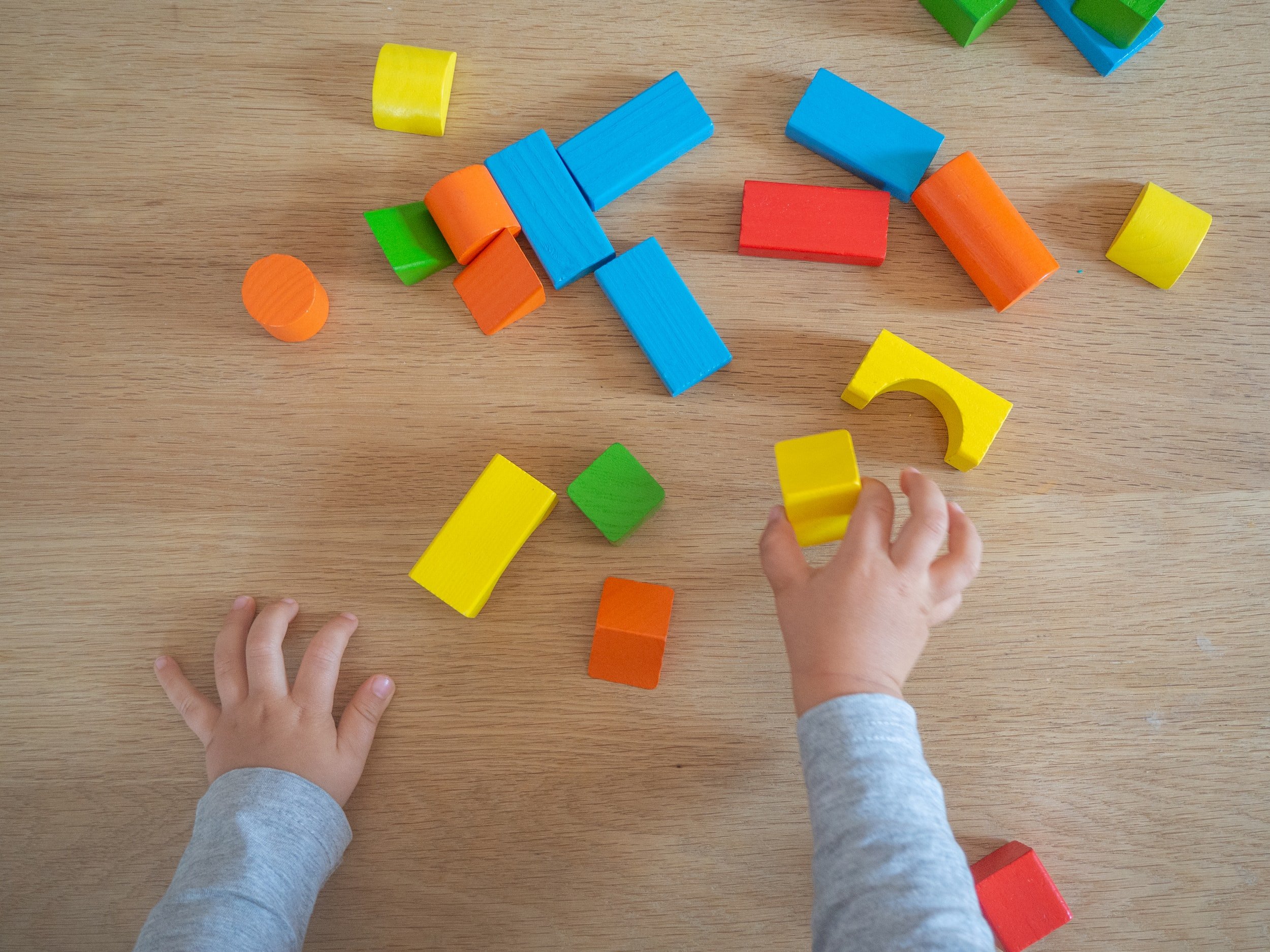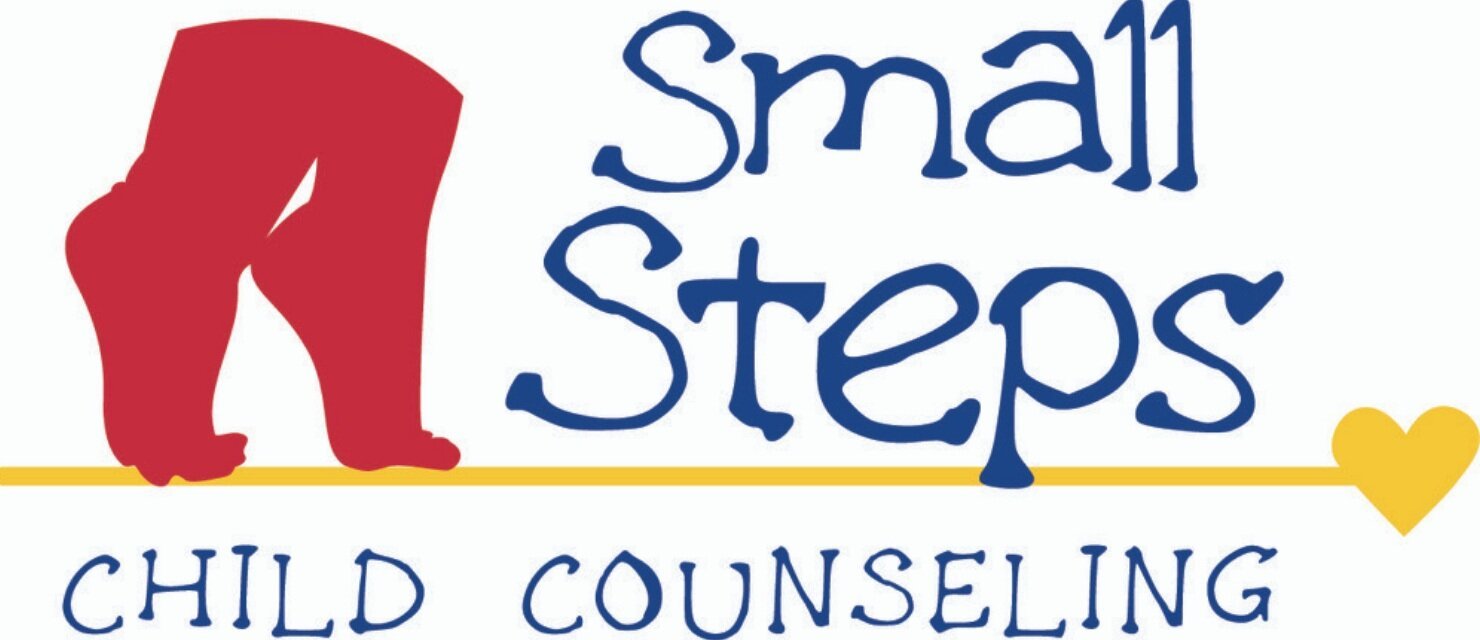
EXPERIENTIAL PLAY THERAPY
Because children’s language development lags behind their cognitive and physical development, they communicate their experience of what is happening in their world through play. The use of toys and activities in play therapy enables children to transfer anxieties, fears, fantasies, frustrations, distress, confusion, and guilt to objects rather than people. In order to understand a child’s perspective of the circumstances that brought them into therapy, the therapist observes and interacts with the child through play as the child leads. Each time the child engages with a play scenario in therapy, slight changes signal important shifts in the child’s inner world. An experiential play therapist helps the child move into a healthier perspective of the stressor(s) and therefore to more adaptive coping.
Ages 3-12
